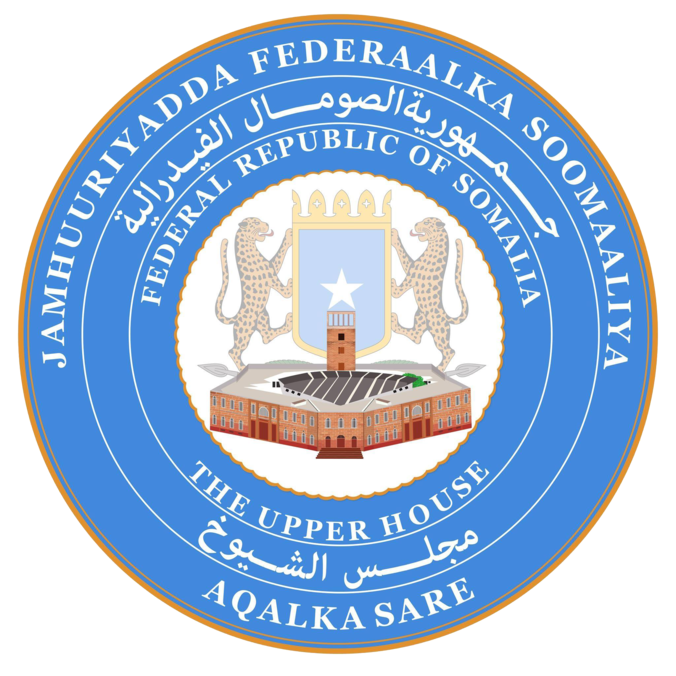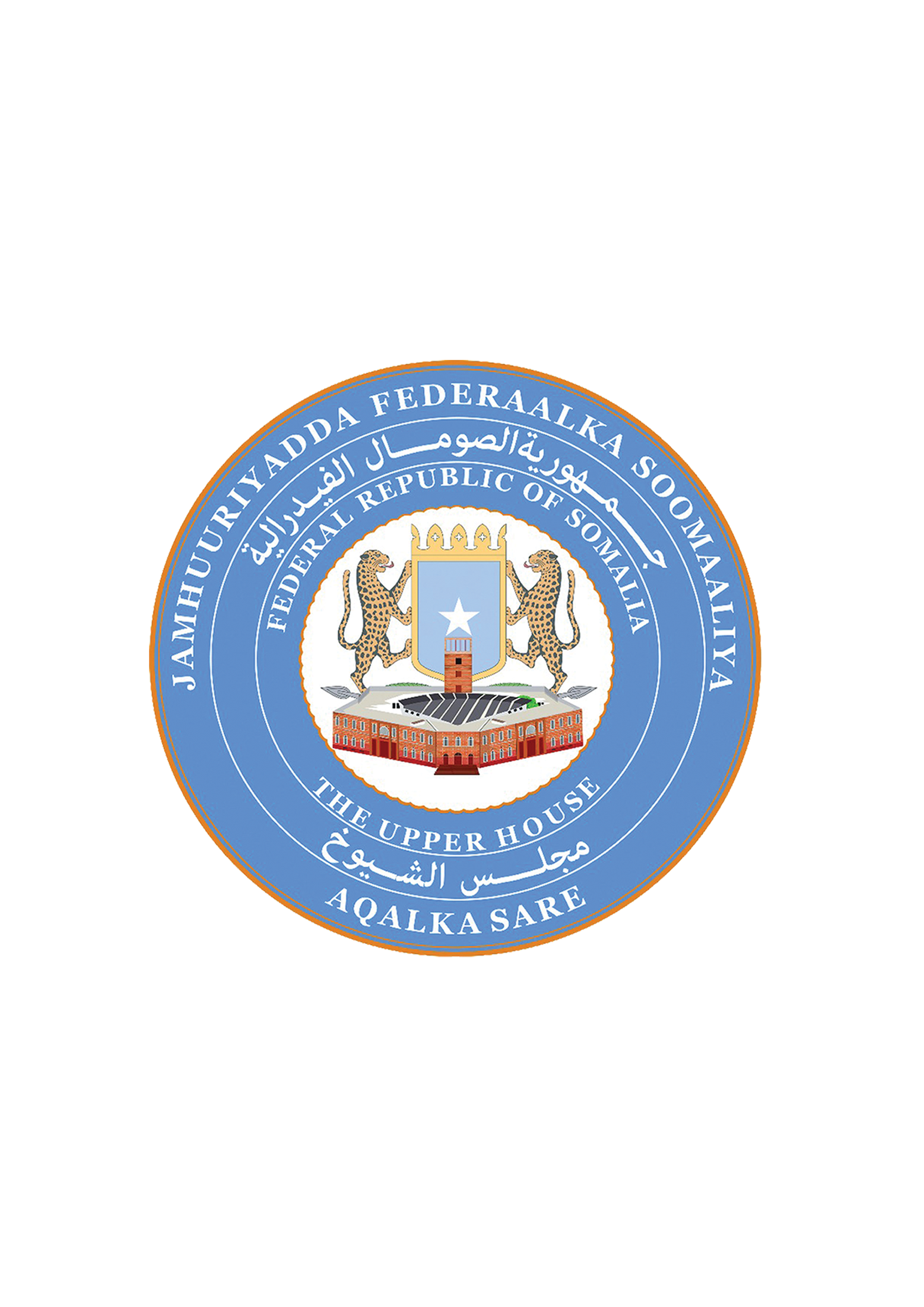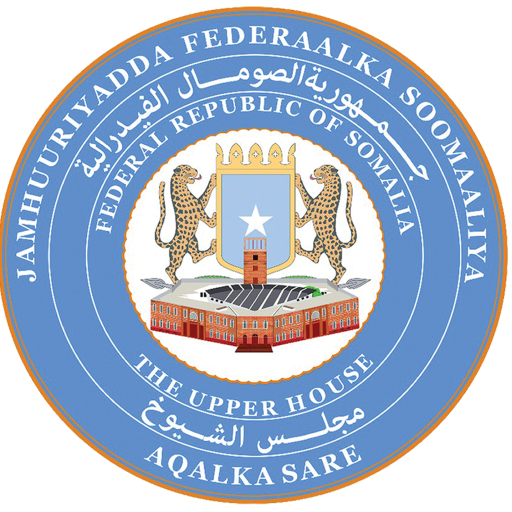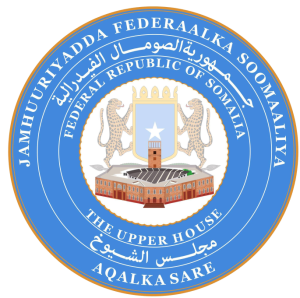Taarikhda Baarlamaanka
Taarikhda Baarlamaanka
Somalia took independence in 1960 from British and Italian protectorates. Subsequently, it held successful and democratic elections that was free, fair and peaceful. Adan Abdulle Osman was elected as the first Somali President who led the country since 1967 and Succeeded by President Abdirashid Ali Sharma’arke who was assassinated in 1969.
In October 1969, Mohamed Siyad Barre seized power in a subsequent coup and headed the state since 1991, where President Siyad Barre was ousted and the country fell into civil war and insecurity.
In 2000, with the help of Djibouti and the International Community, Somali delegates from warring clans made exceptional efforts to form a system of governance and re-build the country to recover from the long and devastated civil war. Then, the transitional government was established in a national reconciliation conference held in the city of Arta, Djibouti. The main mandate of the Transitional Government was to make the reconciliation process a reality on the ground and reconcile struggling Somali clans.
In 2004, Somalia adopted a federal charter by which the first transitional Federal Government was formed and headed by the late President Abdillahi Yusuf Ahmed and also followed by another transitional federal government led by the former President H.E. Sheikh Sharif Sheikh Ahmed.
Somali Parliament:
Historically, Somalia has been a Unicameral from 1960 to 2012 whereby a single chamber was the only house of Parliament in the country. After long, devastated civil war, and numerous reconciliation conferences, Somali Republic adopted for the first time in history (2012) a federal system of governance, and constitutionally established a second chamber (Somali Senate), one of the two houses of Somali Federal Parliament.
The following is glimpse of Somalia Parliament History and different names attributed:
-
National Assembly (1960 – 1969)
-
House of the People (1969 – 2012).
- Federal Parliament of Somalia (2012 to Present)
During the 9th Parliament (2012 – 2016), it was impossible to establish the Upper House of Somali Federal Parliament as the most of the Federal Member States (FMS) were not established yet to join the federal government and to be represented by the
Upper House as mandated by Art.61 (3) and Art.71 of the Somali Provisional Constitution. Thus, the House of the People was mandated by the Constitution (Art.138 (2)) to discharge the responsibilities of the ninth parliament (House of the People and the Upper House); it was a bicameral parliament but functioning as a unicameral parliament for the aforementioned reason.
In December 2016, officially the country switched to bicameral legislature, formed the first time in history House of Senate and elected 54 senators from the different Federal Member States to represent and protect the special interests of the states.
It is worth to note that, other than representing the Federal Member States’ interests, the house of Senate has also legislative duties which include, participation in the amendment of the constitution, passing and amending laws and oversight roles on the executive.





